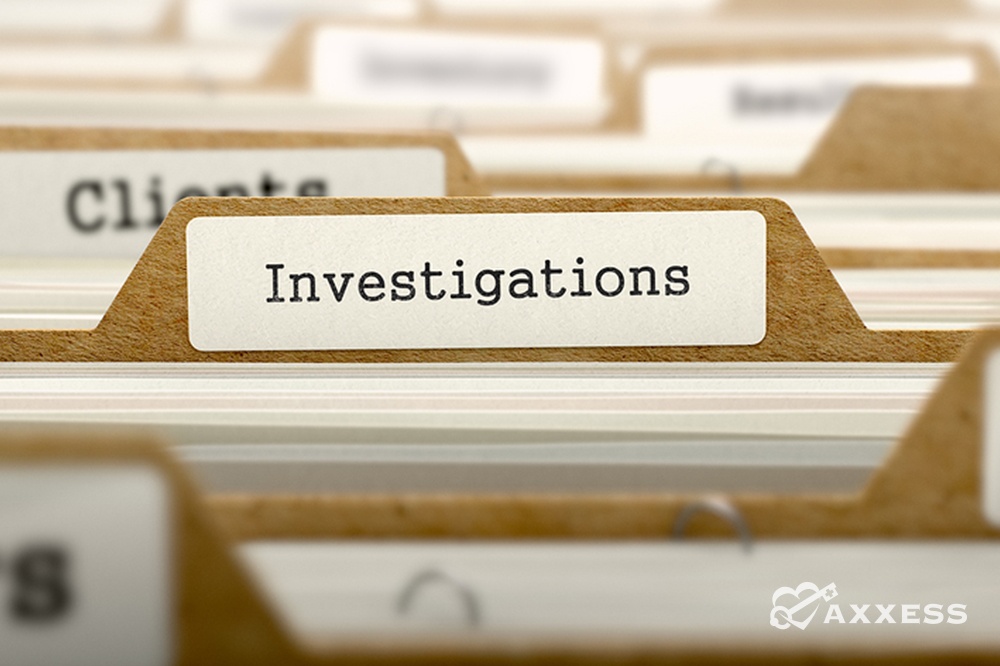One of the top ten risks highlighted by the Texas Association for Home Care and Hospice and Liles Parker PLLC is fraud in government-funded healthcare programs, an issue addressed by the False Claims Act (FCA).
With recent escalation of fraud resurfacing, the FCA acts as the government’s primary enforcement for attacking fraud in government-funded programs, with the exception of tax fraud. The principal types of fraud addressed by this law involve false claims, false documentation and conspiracies to engage in fraud.
One important provision of the FCA is the whistleblower, or “qui tam,” provision. Its purpose is to protect any employee by allowing them to initiate a suit against those they believe to have defrauded government programs. If an employee is discharged, demoted, suspended, threatened, harassed or in any other manner discriminated against in the terms and conditions of employment by his employer because of lawful acts he’s done on behalf of himself or others, the whistleblower employee is protected. As a result, he is entitled to all relief necessary to make him whole, including reinstatement, back pay and compensation for litigation costs.
This provision in the FCA has shown to provide significant financial rewards for those speaking out and as a result, has exploded in numbers. However, those that knowingly submit false claims or fraudulent documentation to the federal government may be liable for damages and civil penalties.
The increase in fraudulent requests for payments by federally-funded government programs has given rise to FCA actions. In short, the False Claims Act seeks to recover federal funds lost through company’s fraudulent activities and has provisions to protect whistleblower employees seeking to right the wrongs of their organizations. It is a much-needed law that helps protect the government-funded healthcare programs from abuse. At the same time, it benefits the vast majority of honest participants in the system by weeding out those who take advantage of programs designed to ensure proper care.
To better understand the False Claims Act, here is a video that highlights the difference between innocent billing mistakes and fraud.
Providers know when claims are false and include services that are:
- Not rendered
- Upcoded
- Not supported by the patient’s medical record
- Part of a previously submitted claim
This video is part of the Office of Inspector General (OIG) Health Care Fraud Prevention and Enforcement Action Team (HEAT) Provider Compliance Training initiative to prevent fraud, waste, and abuse. The video originally aired in 2011, but the information is still current.
In Part 7, we will highlight recent criminal prosecutions in the industry and how it impacts the home healthcare industry as a whole.

